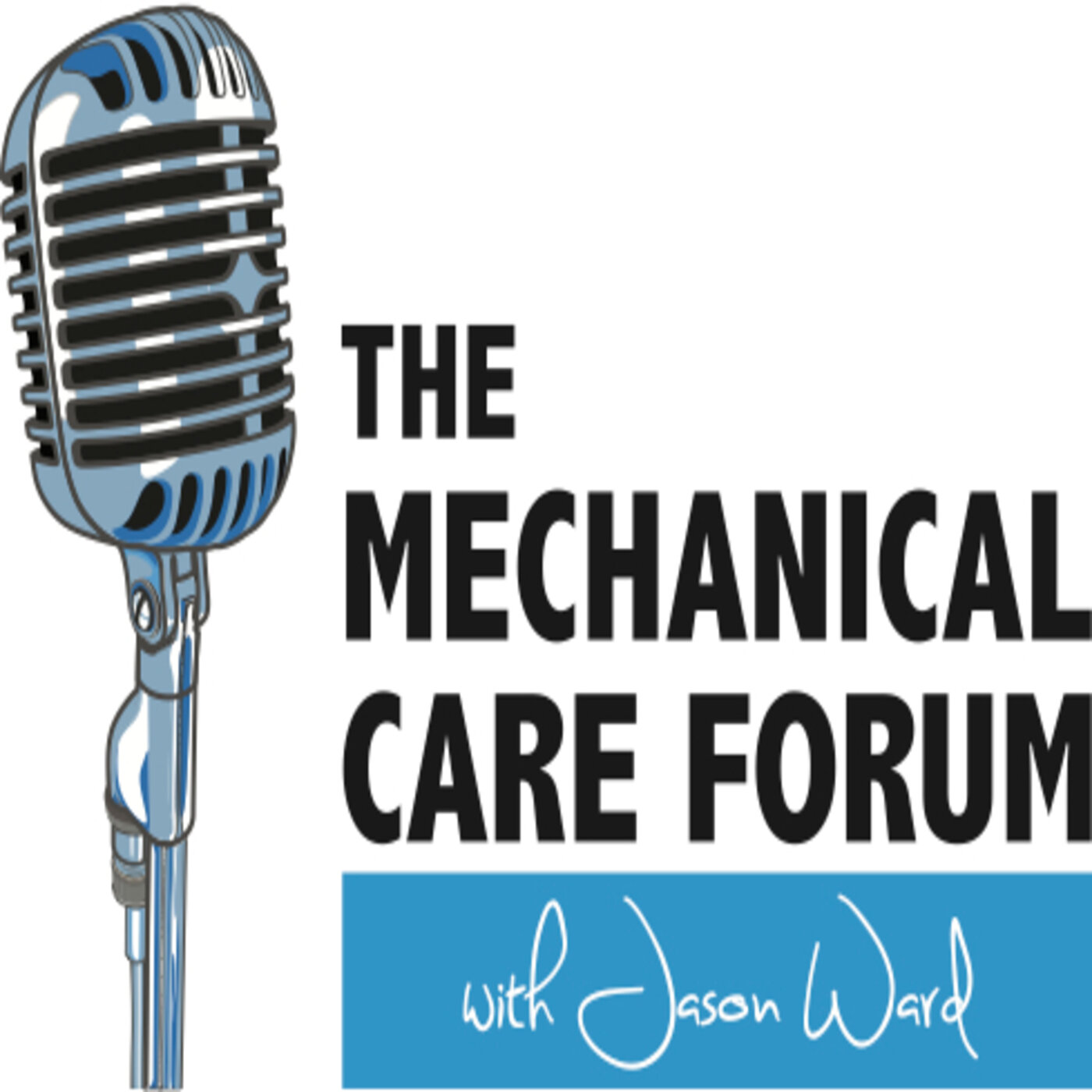In episode 230, join us for part two with Dr. Shirley Sahrmann. She and her colleagues have developed the Movement System Impairment Syndrome approach. She’s been a leader and advocates for physical therapy over the last 60+ Years. She shares her thoughts on comparison and contrast of her approach with others including MDT. She also shares advice for us to promote ourselves and our profession and more! This week on MCF!
Show Notes
Reliability of Assessment and Research
Dr. Sahrmann agrees that it is important to have a reliable assessment method to diagnose a condition. She further talks about the current research for MSI classification system and its categories.
Similarities and Differences between Classification Systems
Dr. Sahrmann believes that the biggest similarity in all systems is to find the aberrant movement; and the difference is in the way it is treated. MSI focuses on avoiding the movements that cause pain while MDT focuses on repeated movements in the opposite direction. She gives a story to support her point of view for importance of first diagnosing “what is wrong” before fixing it. The biggest benefit of which is avoiding patients returning with the same complaint periodically.
In classifying and treating patients our goal is not to focus on patho-anatomy but kinesio-pathology as Dr. Sahrmann likes to call it; i.e how movements induce pathology.
Advice to the Profession
Dr. Sahrmann believes that as a non-life saving healthcare profession we are going to hit challenging times, as insurance companies focus more on getting cost out of healthcare. Hence, it is important to make people realize how important movement is to maintain health. A recent research study by her colleague concluded that people are more inclined to adhere to movement changes with daily activities than to exercise. This finding Dr. Sahrmann believes is important to drive home the point that correcting faulty movements and teaching patients how to do it, helps them in long term.
Further Research Areas
Dr. Sahrmann would like to see further research projects that are able to link kinesio-pathology to patho-anatomy; understanding the effect of faulty movements on the anatomy of the joints. Improving our understanding of movement and its effects, will help decrease the variability of our profession and improve the quality we provide as therapists.
Words to the Wise
Dr. Sahrmann advises that it is important to have a systematic examination method that helps with pattern recognition. She further recommends to question age old assumptions that were taught and focus on more evidence based practice. Further, it is important to understand mechanics and that we examine the evidence before accepting and practicing it.
The most important of all is, to diagnose and treat your patients through their lifespan.
Qualities of a Good Therapist
Dr. Sahrmann believes that a good therapist will have a systematic examination method for their patients, will explain and educate the patient about their findings and diagnosis and the treatment methods will by in sync with the findings of the assessment.
Dr. Sahrmann’s Quote
“Today’s evidence is tomorrow’s tragedy.”
Helpful links
Linda Van Dillen, PT, PhD, FAPTA and her research for MSI with focused on low back pain
https://pt.wustl.edu/faculty-staff/faculty/linda-van-dillen-pt-phd/
Paula Ludewig, PhD, PT, FAPTA
https://www.rehabmedicine.umn.edu/bio/physical-rehab-main/paula-ludewig
Introduction to MSI
We hope to deliver this content to the committed professional who wants to improve his/her care and we hope to do it in a way that is easily accessible, the world over, in today's technological age.
To contribute:
Give a 5-star review on iTunes;
Share EP #230 with a friend; and/or
Connect with us on the Spotify MCF Podcast and MCF Instagram page!
Thanks for your support!

